Australians with brain cancer
deserve better
For too long, they have had too few treatments and too little hope.
There’s been no standardised way to measure adherence to best practice care for brain cancer patients across Australia - so people’s outcomes can depend on variables like where they live and the resources they have to access gold standard treatment and care.
Brain cancer attacks a person’s personality, their physical abilities and cognitive function. The decline is often rapid. It’s frightening to lose the essence of who you are and know there is very little your doctors can do to stop it.
The toll on families is immense. They are thrown into an unexpected world of treatments and appointments even as they struggle with the shock of the diagnosis. .
Patients and loved ones quickly learn that brain cancer is among the most under-resourced of all cancers – and that survival rates have not improved in decades.
Brain Cancer Australia is supporting research-driven breakthroughs and improvements in patient care to make the biggest possible difference in the shortest possible time.
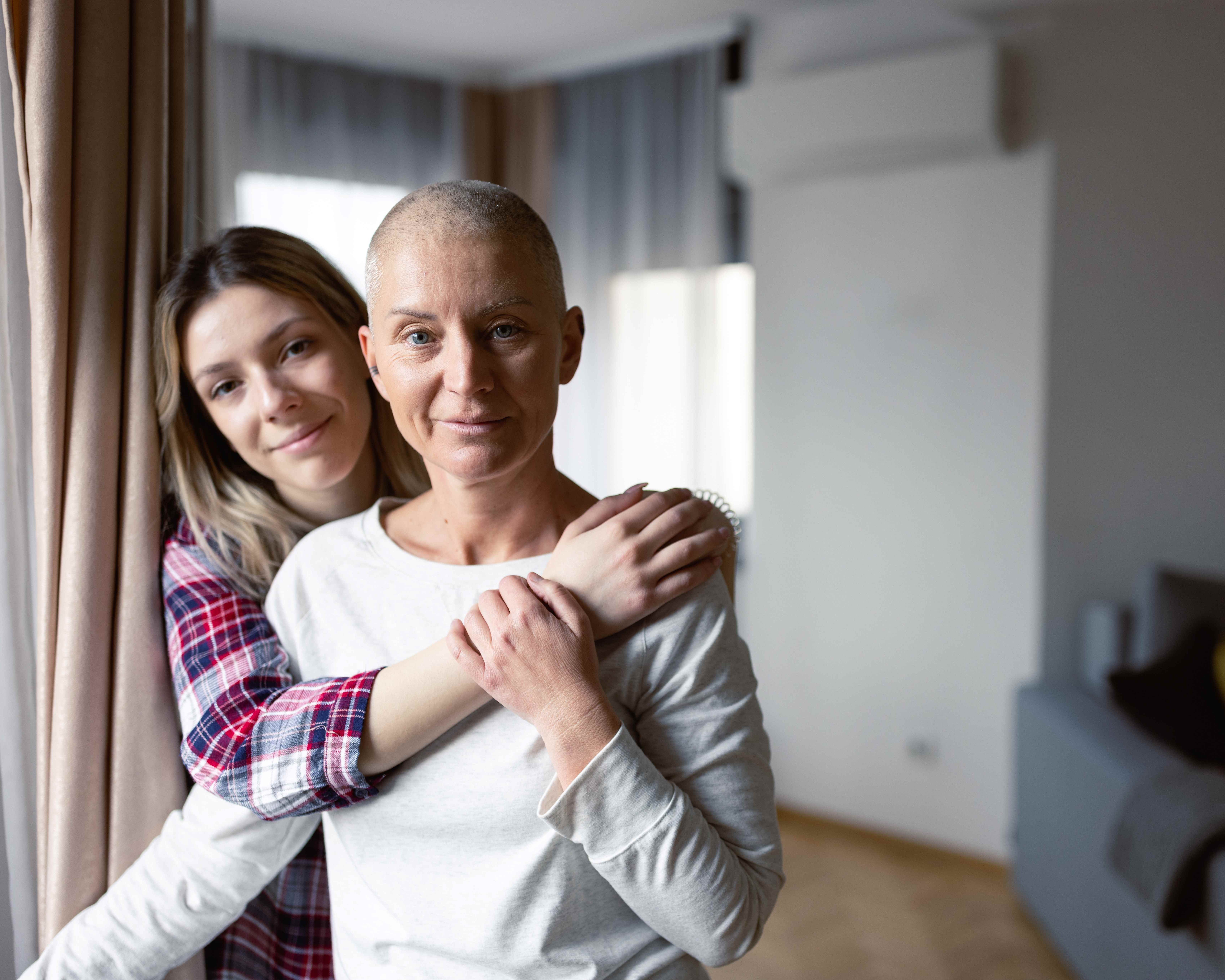
Here’s the impact we want
to make – with your help
Our integrated platforms will deliver a unique capacity to drive brain cancer research and improved clinical care. When fully funded and operational the platforms will immediately improve outcomes for all brain cancer patients, regardless of their age, location and socio-economic status.
Achievements
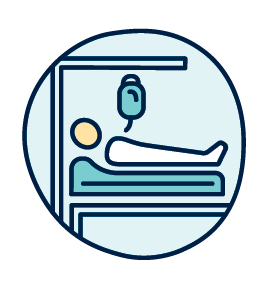
World-first clinical quality brain cancer registry capturing population-wide diagnosis, treatment, and outcome data for brain cancer patients.
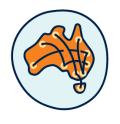
Australia’s first national brain cancer biobanking consortium of 100 leading researchers and clinicians.
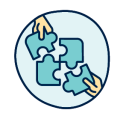
Collaborations uniting 47 investigators, 33 institutions and 12 partner organisations – including CSIRO, Ramsay Health and state health departments.
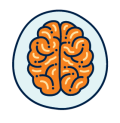
Globally accessible virtual hub linking 20 brain cancer biobanks into a coordinated national network.
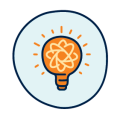
Internationally recognised publications on biobanking data standards and clinical quality indicators for best practice care.
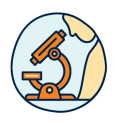
Comprehensive national register of brain cancer tissue and data, providing centralised online access to more than 11,000 biospecimens.
Advocate Stories
The devastating legacy of brain cancer never leaves those it touches.
Tragically, it’s a disease that affects many children and young people in the prime of their lives.
Read our advocate stories to better understand how their lives have been affected.
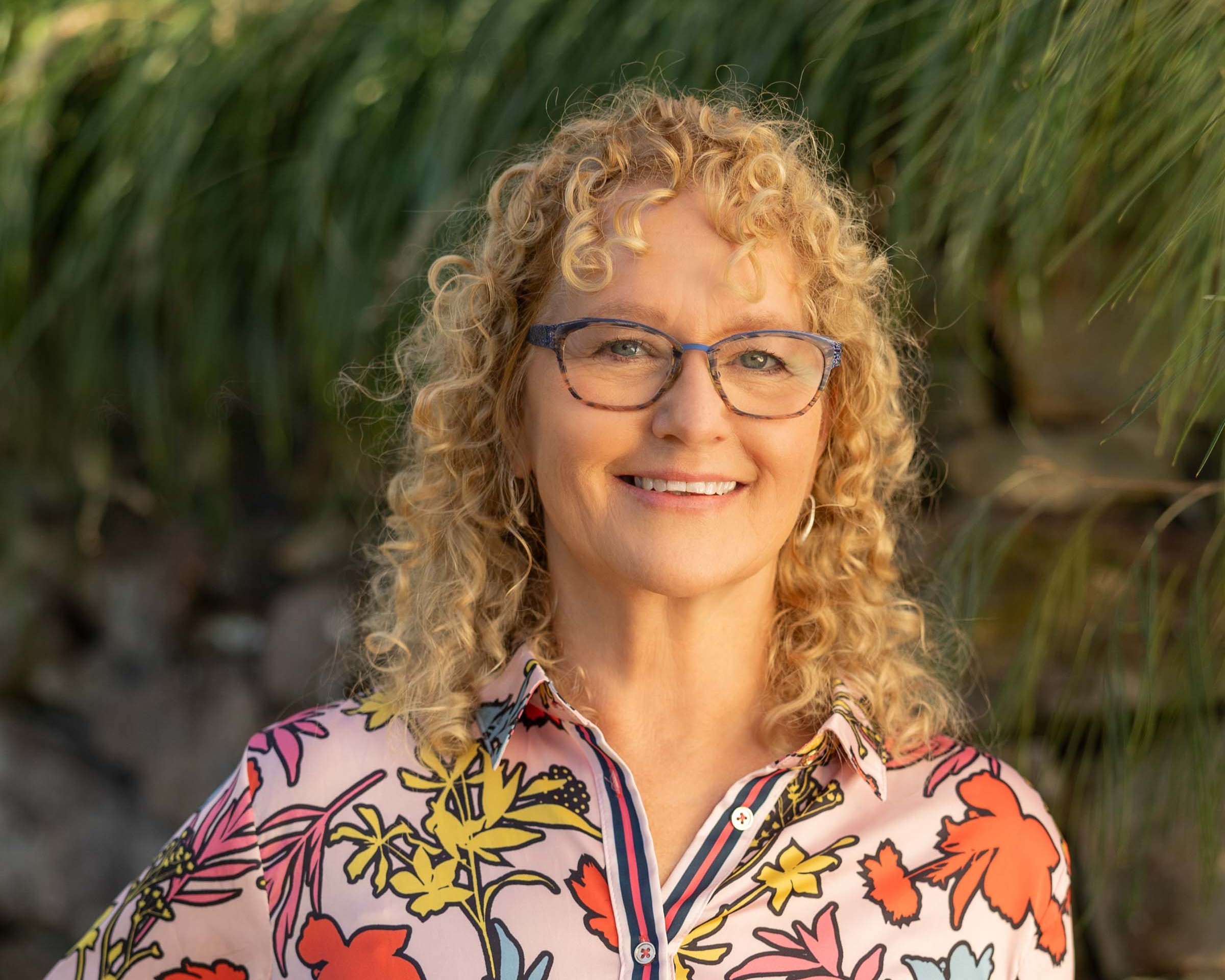
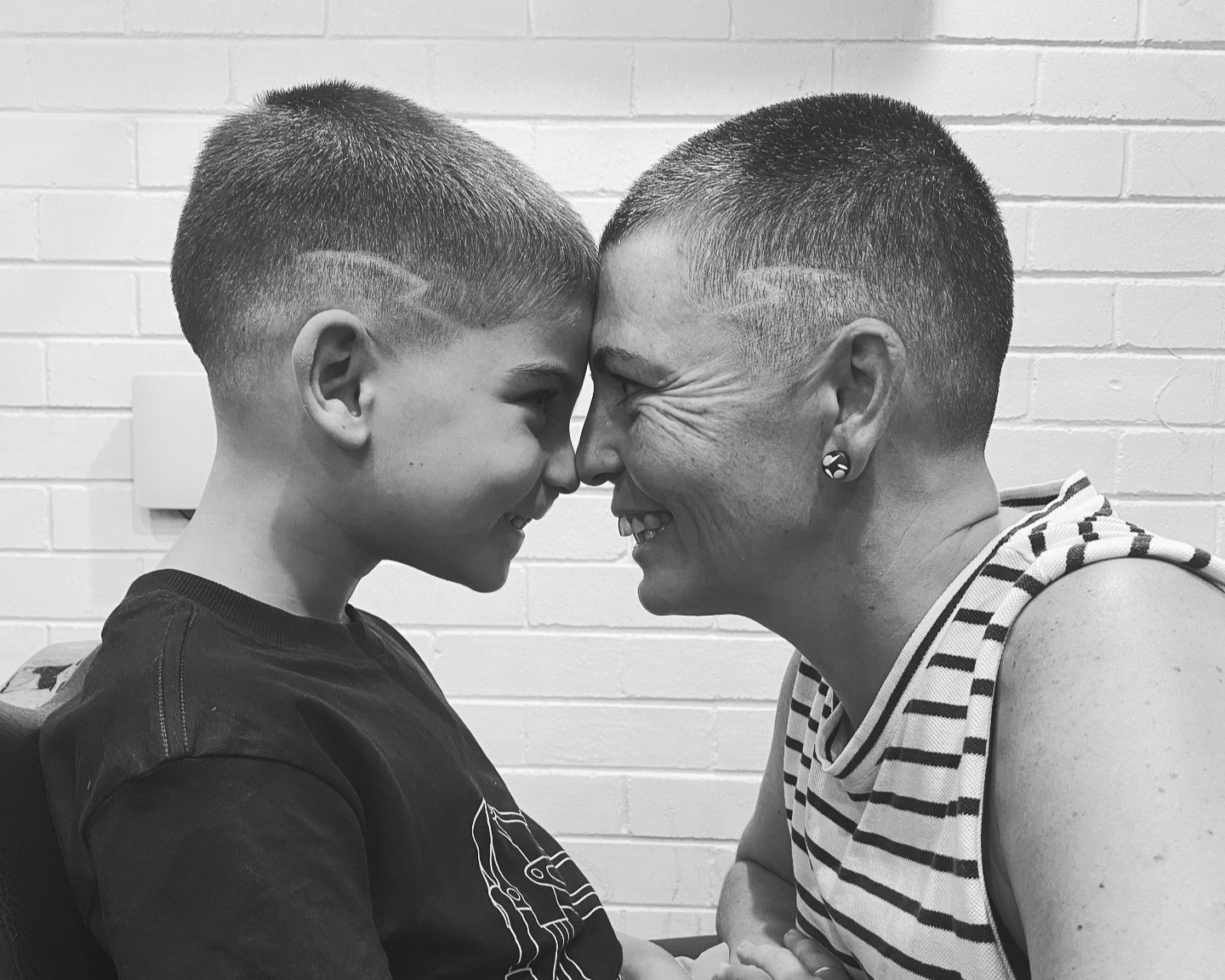
Nicole's Story
Nicole is living with a quiet grief and a fierce determination in the face of her incurable brain cancer.

Dimity's Story
On her 32nd birthday, Dimity Francis received news that changed her world - she had brain cancer. What started as a sinus infection and neck pain quickly escalated, leading to the discovery of a grade two astrocytoma.

Cameron's Story
Cameron Hill lost his best mate, Brandon Schrader, to brain cancer at just 28 — a loyal, quick-witted friend he’d known since they were 13. Now, Cameron is honouring Brandon’s memory by sharing his story in thehope he can change the future for others facing this devastating disease.

Nigel’s Story
“I get a brain scan each quarter and if it’s clear I know that means I get to live for another three months, and that’s something I’m incredibly grateful for now.”

Beth's Story
Beth initially thought her fainting spells were due to growing pains and was shocked to be diagnosed with Astrocytoma Grade 2. Thirteen years on, while grateful to be a long-term survivor, she is aware that at any time the cancer could return.

Matt’s Story
Matt has been a great supporter of the Bike Ride for Brain Cancer, riding and fundraising across multiple years. Here he shares his shattering story of losing his beloved wife Belinda and having to continue on raising their daughter alone.

Pip’s Story
In 2011, Pip was a happy and healthy 46yr old mother of 4 children, aged 15, 13, 10 and 8 - then came the brain cancer diagnosis.
Pip reflects on her journey so far, both the struggles she has faced and her hopes for the future.

Al’s Story
Many know Al for his commitment to the 2020 Bike Ride for Brain Cancer; training inside during the Canadian winter with plans to fly home to Australia in time for the ride. COVID put an end to that but what many didn’t realise was that Al was also in the midst of treatment for brain cancer.

Charlotte's Story
At 17, Charlotte has faced a life unlike most teens. Diagnosed with brain cancer at 15 months, she has undergone 11+ surgeries and years of treatment. Her mother, Rebecca, shares their story to raise awareness and drive progress in brain cancer research.

Ross’s Story
Many People know Ross as the man who leads from the front in the Bike Ride For Brain Cancer. Whether it’s on the bike or fundraising, Ross is always there passionately supporting the Brain Cancer Collective with his family right beside him. Father of 3, Ross was diagnosed with brain cancer in 2013 at the age of 53. Here his wife Di gives her account of what it is like to go through such a traumatic diagnosis and their journey so far.






